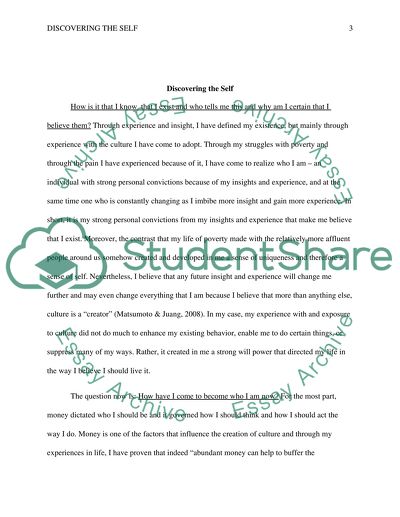Cite this document
(“Discovering the Self Essay Example | Topics and Well Written Essays - 1250 words”, n.d.)
Discovering the Self Essay Example | Topics and Well Written Essays - 1250 words. Retrieved from https://studentshare.org/psychology/1454264-discovering-the-self
Discovering the Self Essay Example | Topics and Well Written Essays - 1250 words. Retrieved from https://studentshare.org/psychology/1454264-discovering-the-self
(Discovering the Self Essay Example | Topics and Well Written Essays - 1250 Words)
Discovering the Self Essay Example | Topics and Well Written Essays - 1250 Words. https://studentshare.org/psychology/1454264-discovering-the-self.
Discovering the Self Essay Example | Topics and Well Written Essays - 1250 Words. https://studentshare.org/psychology/1454264-discovering-the-self.
“Discovering the Self Essay Example | Topics and Well Written Essays - 1250 Words”, n.d. https://studentshare.org/psychology/1454264-discovering-the-self.


